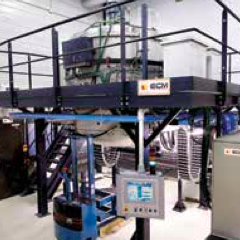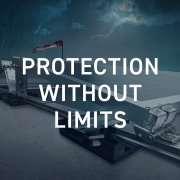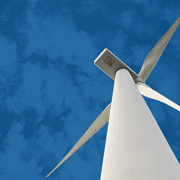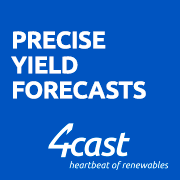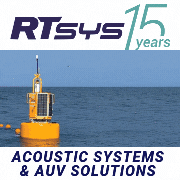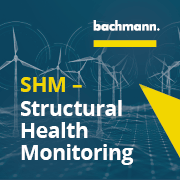PV is a pioneering industry in so many regards, and we at PES are proud to feature companies that have made such a big difference to technological innovation – and the wider planet. Today we welcome ECM Greentech, courtesy of company spokesman, Benjamin Deneux.
PES: Welcome to PES. Would you like to begin by introducing the company and explaining how you serve the PV industry?
Benjamin Deneux: Since 1928, our mother company ECM TECHNOLOGIES has designed, manufactured and sold heat treatment industrial installations for various high-tech applications in the automotive, aeronautic, nuclear, electronic and photovoltaic industries. Our products are essentially focused on vacuum furnaces since the early ’60s wherever high technology knowledge is required.
In the field of photovoltaics, we manufacture crystallisation furnaces (or DSS furnaces), for the casting of silicon ingots in preparation for wafer and solar cells manufacturing.
PES: The company was one of the first to provide an industrial silicon casting furnace back in the early ‘80s. How have your PV customers’ needs changed since then?
BD: Indeed, we delivered one of the
first industrial DSS furnaces to the wafer manufacturer PhotoWatt – the worldwide leader at the time. The capacity of the furnace was about 60Kg per batch. After this first pilot, we were also the first to introduce a bottom loading system for a better user experience. We also introduced graphite heaters in the new design.
Later, the request from customers was about productivity to bring the cost of manufacturing further down. We designed and manufactured a 150Kg batch furnace, followed by a 300Kg batch furnace which met great commercial success with a significant order from Deutsche Solar in Germany.
As of today, the two drivers are productivity and the quality of crystallisation to further bring down the cost per watt peak. We also always give special attention to safety, our design is very safe. Any crucible breakage recorded led to controlled hardware damages and absolutely no safety related issues.
PES: Do you propose other equipment than crystallisation furnaces as mentioned above?
BD: Yes, we are always keen on
developing new equipment that brings value to our customers and to broaden
our offer. We are currently developing
a tool called SunCure that will be released on the market soon. The tool permanently eliminates the Light Induced Degradation (LID) of boron containing solar cells. This
is an in-line tool with high throughput to
be implemented at the back end of a cell manufacture or at the beginning of a module line.
After the SunCure treatment, the solar
cell efficiency is perfectly stable under illumination. Thanks to this process,
the subsequent I-V sorting of the cells is truly representative of the characteristics
of the cells once assembled in modules. Thus cell efficiencies are not only higher than non-treated cells in operating conditions, but also cell matching is
ideal within the module. This double
effect ensures a stabilised and optimised module power output, and most of all unlocks the path towards high efficiency LID-free p-type cells.

